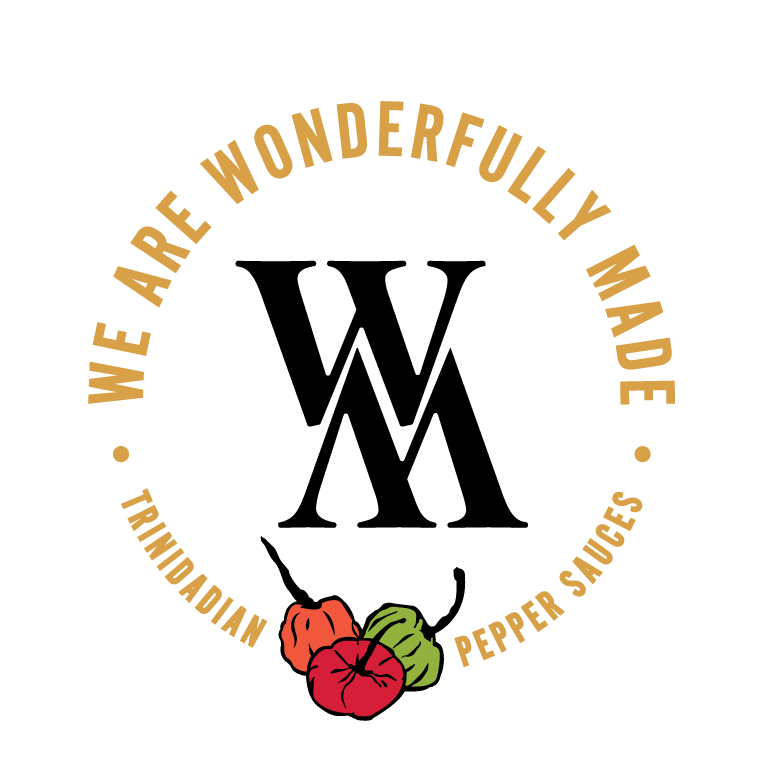Hot sauce is a beloved condiment in many households, known for adding a zesty kick to various dishes. However, if you have celiac disease or gluten sensitivity, you may wonder if your favorite hot sauces contain gluten. Understanding the ingredients and manufacturing processes is crucial for maintaining a gluten-free diet.
The question, "Is hot sauce gluten free?" often arises as people look for safe options to spice up their meals. While many assume that hot sauces are inherently gluten-free, the reality can be more complex, and it’s important to understand what to look for in the ingredients. Ensuring that your favorite hot sauce is free from gluten can help maintain your health and well-being.
Understanding Gluten and Why It Matters for Hot Sauce
Gluten is a protein commonly found in grains like barley, wheat and rye. It gives dough its elasticity and supports the shape of baked goods. For persons with gluten sensitivity or celiac disease, ingesting gluten can cause severe health issues. These individuals must carefully avoid gluten in their diets to maintain their health.
Many people are unaware that gluten can be present in various condiments, including hot sauces. This is because some hot sauce manufacturers may use ingredients or additives that contain gluten. Therefore, understanding the importance of checking labels and being aware of the potential for gluten contamination is vital for those with gluten-related health concerns.
Common Ingredients in Hot Sauce for Gluten Content
Hot sauces typically consist of a few basic ingredients: chili peppers, vinegar, and salt. These ingredients are naturally gluten-free. Chili peppers are a rich source of vitamins and antioxidants, while vinegar and salt are common culinary staples that do not contain gluten.
However, some hot sauce brands may include additional ingredients to enhance flavor or texture. These can include thickeners, preservatives, or artificial flavorings, which might contain gluten. Checking the ingredient list is an essential step to ensure that your hot sauce does not contain hidden gluten.
Recognizing Hidden Gluten Sources in Various Hot Sauces
Hidden gluten in hot sauces can come from various sources, such as malt vinegar or soy sauce. These ingredients are often used for their distinctive flavors and can be found in some hot sauce recipes. Malt vinegar, made from barley, contains gluten and can pose a risk for those with gluten intolerance.
Reading ingredient lists carefully is crucial for identifying these hidden sources of gluten. Being aware of common gluten-containing additives can help you avoid accidentally consuming gluten and experiencing adverse health effects.
Benefits of Choosing Gluten-Free Hot Sauce for Sensitive Diets
Choosing gluten-free hot sauces is essential for individuals with celiac disease or gluten intolerance. These sauces allow individuals to enjoy bold, spicy flavors without worrying about gluten-related digestive issues or other symptoms. They provide a safe option for enhancing meals without compromising health.
Gluten-free hot sauces are formulated to meet the dietary needs of those who must avoid gluten. They are produced in environments that minimize the risk of cross-contamination, ensuring that you can enjoy your favorite flavors with confidence and without the risk of health concerns.
Discover Gluten-Free Hot Pepper Sauce from We Are Wonderfully Made
We Are Wonderfully Made prides ourselves on offering the best pepper sauces featuring unique Trinidadian flavors. Our mango hot pepper sauce stands out with its sweet and spicy profile, perfect for those seeking a gluten-free condiment that does not compromise on taste. Each bottle of our hot sauce tells a story, adorned with a photo of our founder Iman's Grandma Barbara's hands, symbolizing the love and tradition behind our recipes. Explore our collection at We Are Wonderfully Made and experience the rich, authentic flavors passed down through generations.
*We Are Wonderfully Made, LLC / WAWM® does not make medical claims about any of it’s products. All information is provided for educational and informational purposes only and does not constitute providing medical advice or professional services.*

